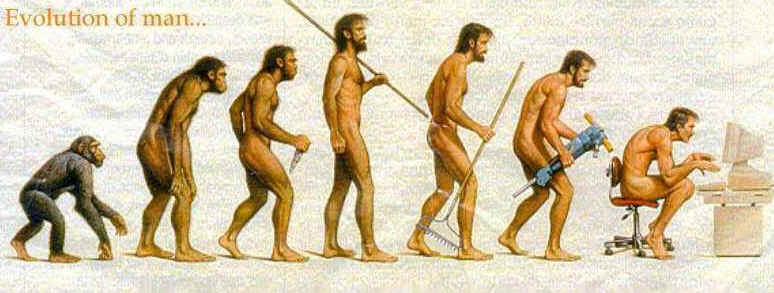One of the most interesting conundrums of the technological age is how much we rely on our technology in order to get by in society considering the relative cost and availability of such objects.
Computers with internet access are expected in every household, as are televisions, DVD/ Blu Ray players, digital cameras, cell phones, and cars. Many in our current society take for granted the value of these objects in their daily lives. This is perhaps why it is so easy for the value of the public library to become overlooked. For the most part individuals falling in the middle class to upper class of society do not absolutely rely on the services and access to information provided by their local libraries. Literacy programming, community initiatives, and yearly budgets are of little interest to most in this group- although the open access to library run activities and programs is often utilized.
It is far too easy to forget that there are individuals who struggle to attain access to the "standard" technology of this digital age, and for those who struggle to get it, the fast-paced society is hard to keep up with. I imagine that none of us- accustomed to the convenience of modern technologies- would be content to go without their internet, television, or cell service for even a week. In a day and age where most of us access the news and up-to-date current affairs online with the click of a button, how many of us still subscribe to the local newspaper?
In a time when we educate our children, entertain them, and interact with them through education videos, cartoons, and video games, what would our children do if the television were simply gone?
Given the ease of combining internet, cable, and cell phone services into tidy packages, how many of us still have home phones?
In one week, how much would you "miss" because your life is dependent on your technology? I know I would have no idea what was going on with friends, family, the community, the nation, or the rest of the world- unless I found a way to access the technology in places where public service is provided.
As Clay Shirky describes in his TEDTalk presentation, our landscape for media and communication has changed drastically- revolutionarily- in the years since the advent of the internet. As he notes, the internet itself is not the reason for the changes in our living, but rather the ways we have changed and evolved the uses of the internet.
The internet is the centralized point for all of our other forms of media. Through the internet we can not only access information, but also connect to one another globally. The digital world we live in is too big for any one entity to control entirely- and that is because of the ways in which we have adapted social communications such as Twitter and blogging platforms like this one. As discussed in previous posts- we are both the producers and consumers of the digital media world. We have come to both expect and rely on its presence in our daily lives in order to stay connected to the larger global community.
As Ben Par writes, the technological future will be a world of intuitive user interfaces relying on gestures, touch screens, and voice commands, and above all else, social media will be the largest component. There is no expectation that at any point society will move backwards in technological advances, we will always move forward in to ever more evolved and intuitive means of accessing information and communicating with one another. The future of the internet is a global one- based on widespread use, and access for all. Access, one day available to all, may not be of an equal level of efficiency or style, but as time has shown us, where there is a demand for a product, the market will provide it. Then, as I have seen before, libraries and other public access vendors will do their part to keep up to date with the technological devices used by patrons and also continue to provide educational programs to ease patrons into becoming successful users of this ever-evolving world.




No comments:
Post a Comment